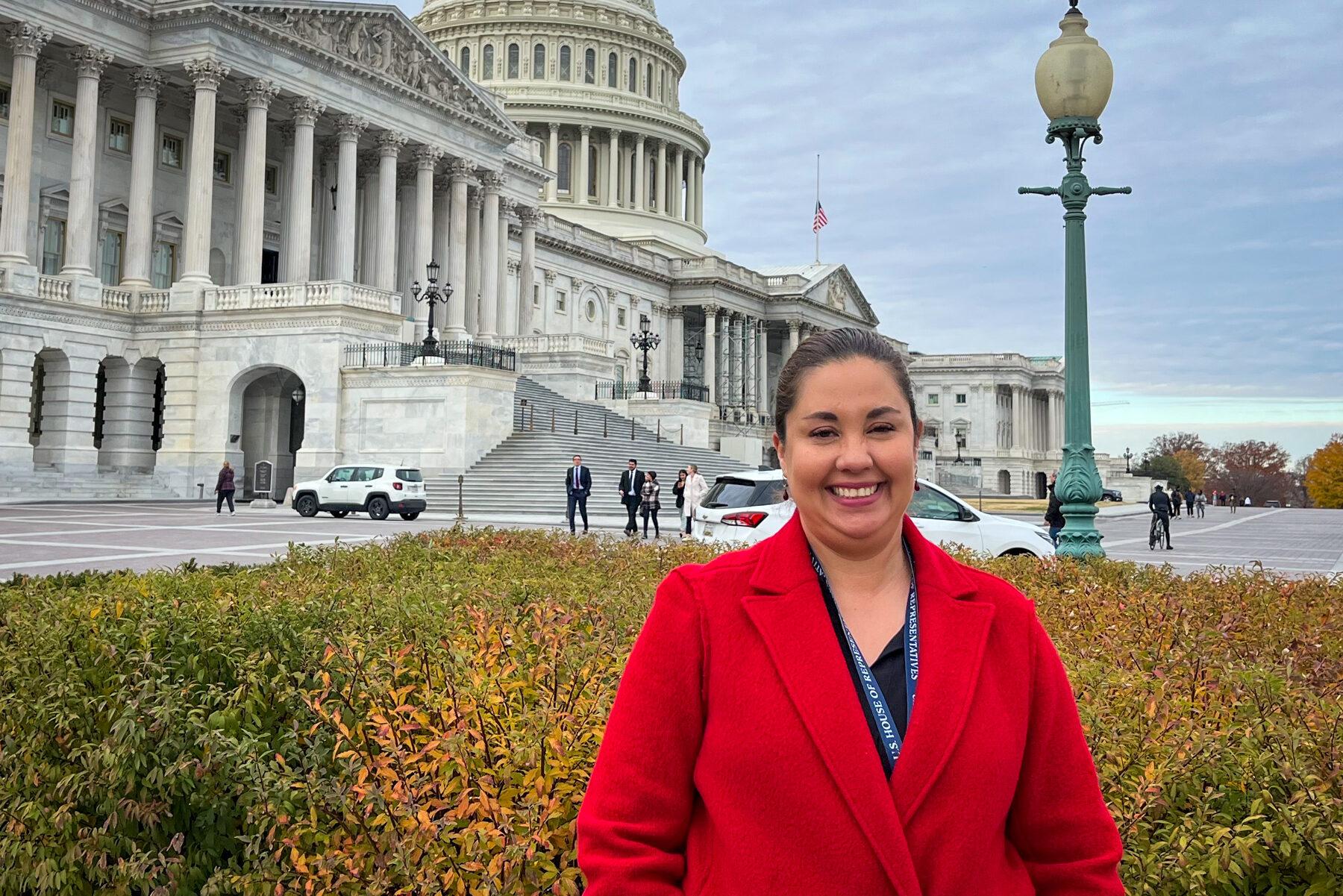
Public health and community leaders took the unprecedented step Sunday to recommend the state prepare to suspend normal hospital decision-making protocols in favor of what are called “crisis standards of care.”
The guidelines set out how to make the most urgent medical decisions, as the COVID-19 crisis potentially overwhelms hospitals, and resources get scarce. Those standards would help determine who gets care and at what level.
The decision came from the Governor’s Expert Emergency Epidemic Response Committee in an extraordinary two and half hour video conference call, with the board’s 19 members joining remotely from homes and offices, with others listening in. The group advises the governor during a public health threat. As of Sunday, the outbreak had caused 140 deaths, 924 hospitalizations and 4,950 cases total.
Without the new directives, “this would be welcome to Bergamo basically,” said Dr. Steve Cantrill, an emergency medicine physician at Denver Health. He was referring to the dire scenes seen in the Italian epicenter of the outbreak, where providers have had to make grueling decisions because the number of patients sick with COVID-19 swamped hospitals’ ability to care for them.
The recommendations spell out how providers would allocate scarce resources, like ventilators and intensive care unit beds, in the “extreme case” when patient needs exceed those resources. The governor (or a designated public health official) could declare a Public Health Emergency, and crisis standards of care are authorized. That essentially allows for the provision of medical care at levels of quality that would otherwise be “significantly less than optimal.”
“The state has been working hard to avoid having to use these standards,” said Dr. Eric France, chief medical officer at the Colorado Department of Public Health and Environment.
“One of the major reasons to have this is kind of an organized umbrella approach is to try to make it fair across the board,” Cantrill said. “Otherwise you have individual providers making the game up as they go along without having to sit quietly and think about that, so that’s really the major reason to do this.”
Governor Could Activate Standards At Any Time
The committee voted to send along its recommendations to Gov. Jared Polis, who could decide to activate the new standards at any time. The group also set out guidelines for emergency transport of patients and also critical supplies like PPE, personal protective equipment, that vital but dwindling supply of masks, gowns, goggles and gloves that protect health care workers.
The plan anticipates, once the statewide order is given, it could be implemented (and discontinued later) by individual hospitals or regions, or by health systems, on a case by case basis.
The state’s health department executive director, Jill Hunsaker Ryan, described the discussion as “somber” but “very critical to help and support our health care folks in making decisions in the context of COVID-19 that they normally wouldn’t need to make.”
Colorado is not the only state facing such an excruciating departure from the normal medical practices. Washington state, the first COVID-19 hotspot in the U.S., is preparing a similar crisis plan, but hasn’t instituted it yet. New York state recently approved technology to let two patients share one ventilator, in an effort to address the urgent need as the number of hospitalized coronavirus patients shot up.
Four-tiered Scoring System
Under the crisis standards, a four-tiered scoring system would assign patients points to help predict which had the best chance for survival. It would consider things like how serious a patient's illness is and if they have other chronic conditions that could hamper their survival or return to decent health.
The point system would consider factors like whether a patient is a first-responder, such as a firefighter or a nurse, or is a child or pregnant, or if someone is a sole caregiver. The final decision-making level, Tier 4, is essentially a lottery to decide which patient receives the scarce resources, like a ventilator.
If a patient was showing no sign of improvement or a progressive worsening of their condition “a patient may be considered for reallocation” of a scarce resource, like a ventilator, Cantrill said. “It does not mean that the care ceases.”
Attorney General Phil Weiser, a member of the board, asked the number of times it might come to that excruciating final step. “This is completely uncharted territory,” Cantrill replied. “We hope they’re small.”
If activated by the state, individual hospitals or health systems would establish their own independent decision-making triage teams on site.
“This would be on a hospital by hospital basis,” Cantrill said.
“It’s better to have this before we need it, for sure, and we can still hope we won’t need it,” said Dr. Emmy Betz, an emergency room physician at University of Colorado School of Medicine who does not serve on the committee. “As a front-line provider, I’m grateful to have this kind of guidance.”
Details of the new standards
Each triage group would include an ethicist, a physician that understands intensive care, a nurse and hospital director or leader. These life-or-death decisions would be out of the hands of frontline providers.
A list of factors were deemed by the committee to be “clinically or ethically irrelevant” and should not be used to make decisions. Those include: race, ethnicity, ability to pay, disability status, national origin, primary language, immigration status, sexual orientation, gender identity, HIV status, religion, veteran status, “VIP” status or criminal history.
Another key motivation for enacting crisis standards of care is to protect providers and institutions forced by circumstances into extraordinary decisions they’d never make under normal conditions. The protocols provide some level of legal protection and coverage, so providers feel empowered to do their best, even if the result is a worse outcome, without worrying about the possibility of lawsuit.
Crisis guidelines for PPE clearly seem to be the first arena likely to see the standards enacted. Hospitals have already implemented tighter rules for the gear, including limited reuse in some cases, that are less protective than they’d be if they could count on a steady supply.
One critical care doctor on the video conference call, pulmonologist Dr. Anuj Mehta, showed the committee his facial protection for the day, it was a mask he was keeping in a plastic picture. “This is my one N95 for the day,” he said. “These are desperately needed.”
“Given that we are reusing so much I think we are exposing ourselves to a lot of liability,” he said. “And we’ll do whatever we have to do for our patients, we just want to know that in six months we have the liability protections for the care that we’re providing.”
Officials Urge Coloradans To Make a Living Will
Meantime, the health department is urging Coloradans to prepare an advanced directive that is shared with their loved ones. Also called a “living will,” it can name a health care power of attorney. It spells what kind of medical interventions a person wants and doesn’t want.
The department says it’s the best way to take control and ensure your wishes are carried out “should you be unable to communicate them to a doctor.”








